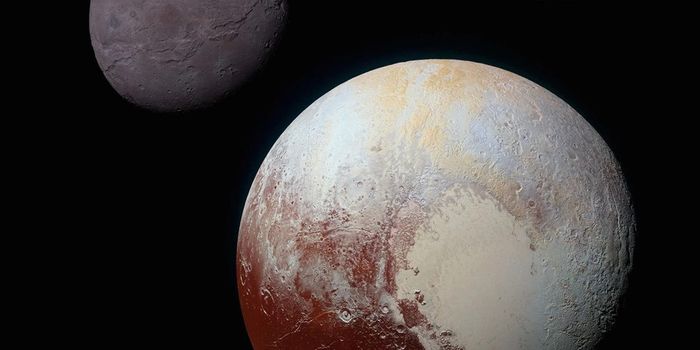Something Unexpected Happens on Mars During Solar Eclipse
From data captured by NASA's InSight Mars Lander, researchers in Switzerland have found that Mars behaves differently to the Earth during a solar eclipse. They say that the findings may help scientists determine the planet's interior.
Mars has two moons. The larger of the two, known as Phobos, is also much closer to the planet's surface than the moon is to Earth. This means that, rather than taking 27 days to make a full orbit of the planet, like our moon, Phobos is able to swing around Mars three times every Martian day- lasting one Earth day and 37 minutes. The increased orbiting means that solar eclipses are much more frequent occurrences on the red planet than on Earth.
While Phobos regularly passes in front of the sun- on most Martian days- it never completely covers it. Due to its high speed, the resulting partial eclipses tend to be brief- not lasting more than 30 seconds. Nevertheless, the InSight lander has managed to record what happens during these brief encounters.
During Phobos eclipses, the lander's seismometer (an instrument that records motions in the ground to predict earthquake activity) was recorded to tilt ever so slightly towards one side- something not recorded on Earth before. And it seems that this reading is no false-positive- having been recorded on three separate occasions.
What could explain this unusual reading? For now, the scientists are unsure what exactly may have brought it on. Nevertheless, they hypothesize that the reading may have come from a slight drop in surface temperature, as recorded by an infrared radiometer, followed by a period of around 90 seconds when the ground heated back up to its temperature prior to the eclipse. This, they say, may have caused the seismometer to tilt ever so slightly to one side.
Sources: Science Alert, ETH Zurich









